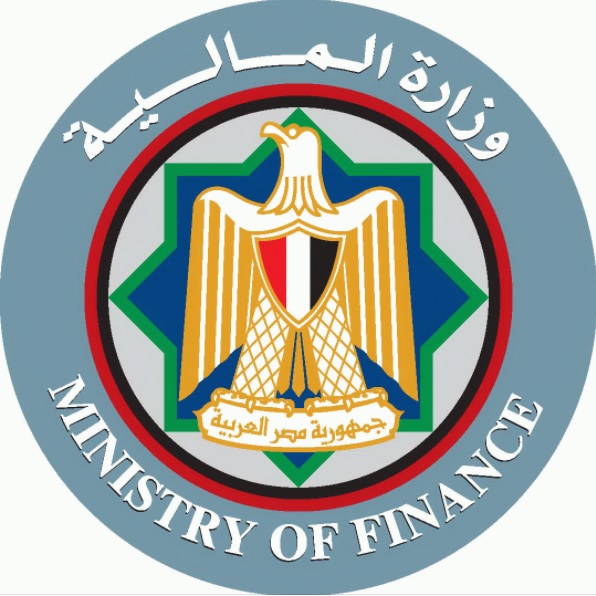The Coordination of Party’s Youth and Politicians in Egypt has recently stood out as a state-sponsored entity in both chambers of parliament, whether through members appointed by the president or through members elected within the security-sponsored electoral list, “The National List,” which swept the engineered parliamentary elections. Less than one year after its establishment in 2018, six CPYP members were appointed as deputy governors. Later on, CPYP won 12 seats in the senate and 31 seats in the house of representatives; 28 of them were elected within the National List, and three others were appointed. It appeared to be a direct route for them to assume political positions with the authorities’ support. Since his candidacy, Abdel Fattah al-Sisi has not stopped repeating his call on political parties to cooperate with each other. Months after taking office, he called on the parties again to form a unitary electoral list in the parliamentary elections, and he promised to support such a list.
Indeed, “In Love of Egypt” electoral list, which was formed by seven state-sponsored parties, swept the parliamentary elections in 2015, holding about two thirds of the seats. The list members formed a pro-government parliamentary bloc called “Support Egypt Coalition.” Parallel to the formation of the list and coalition, Abbas Kamel, who was then al-Sisi’s secretary and later the director of General Intelligence, held a meeting with youth members of various political parties in Sharm el-Sheikh.
There, a group of them, belonging to parties such as Al-Gabha Al-Democratia (the Democratic Front), Al-Geil (the Generation) and Al-Moatamar (the Conference) along with other parties, suggested forming an entity as a forum for dialogue between the state and the parties. The suggestion had been studied until getting approval in mid-2018. The secret services demanded each party nominate two of its members for membership of the new entity. The first meeting was in the headquarters of the Moatamar Party and adopted the name The Coordination.
The first constitutive statement was issued on 12 June 2018, which defined the entity as “a group of party’s youth and politicians from various attitudes and opinions which have taken charge, lining up ‘behind’ the homeland to achieve the national goals and the public goods.” The second statement clarified that 19 parties are participating in the coordination. The new appointments of governors represented the real birth certificate of CPYP as a state-sponsored entity, when al-Sisi appointed six of its members as deputy governors. Since then, CPYP turned into a passageway towards the authorities. This became apparent in the sharp rise in membership after the appointments.
A member of CPYP said, “Before the appointments, our number was not exceeding 60 or 70 members, including the reserve members.” He added, “Later, the membership doubled to exceed 200 members within a few months, as they all came to see CPYP as an entity including the youth who are favoured by authorities and who will be later on nominated for political positions.” This was confirmed with the results of the senate and the house of representatives’ elections in 2020.
Emad Hamdi, member of politburo of Al-Karama (Dignity) Party, considers that the supervision and support by the authorities over CPYP replicates the experience of Al-Tanzeem Al-Tale’I (the Vanguard Organisation), which President Gamal Abdel Nasser established. In 1963, Abdel Nasser established that organisation as a secret entity inside the Socialist Union, which was the political organisation in a single-party regime. The new organisation was supervised by the prominent journalist Mohamed Hasanein Heikal and a couple of officers including Nasser’s secretary Samy Sharaf.
The organisation targeted recruiting those qualified for playing political roles to be appointed in the ministries, authorities, institutions, governorates, universities and factories and so on. It was said that the membership of the organisation reached 30,000 most of them assumed leadership positions in the state apparatuses. It was said also that Ahmed Fathy Sorour, the speaker of parliament under Mubarak, and Amr Mousa, Mubarak’s foreign minister, were members of that organisation. Hamdi added that the coordination besides the National Academy for Training and Qualifying Youth represent ‘a hatchery’ to produce youth cadres affiliated to the secret services in all fields, to fill the rates imposed by the constitution for youth representation in all institutions so that this space could not be free for independent youth.
Nasser Abel Hamid, former member of Revolution Youth Coalition, the Salvation Front and Al-Dostour (the Constitution) Party, agreed with Hamdi’s vision. However, Abdel Hamid considers CPYP as worse than Abdel Nasser’s organisation, as the latter was actually participating in making decisions and policy making, while the former is a mere marionette doll in the hands of the security secret services.





Recent Comments